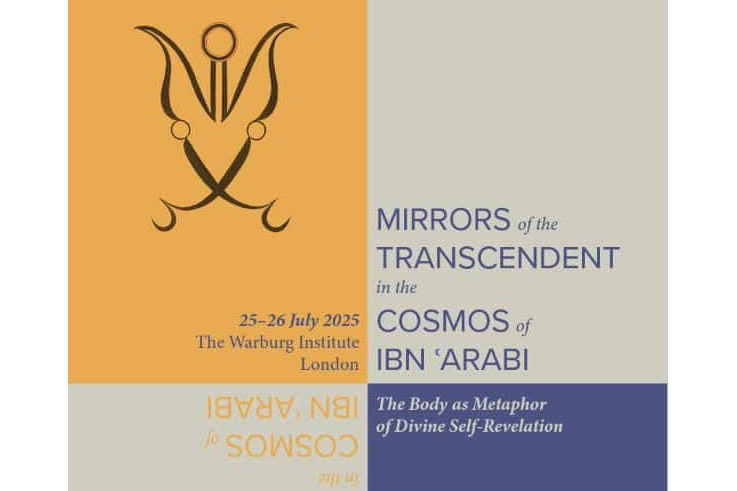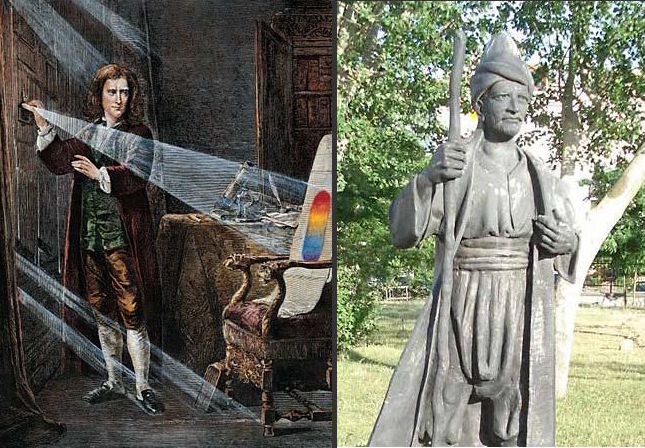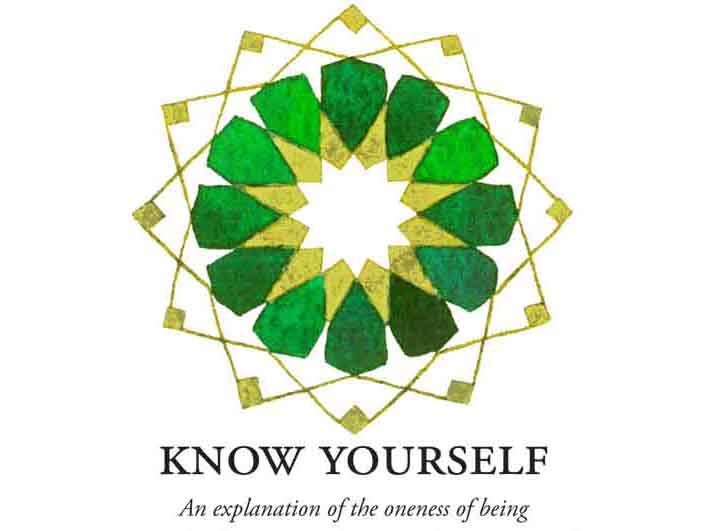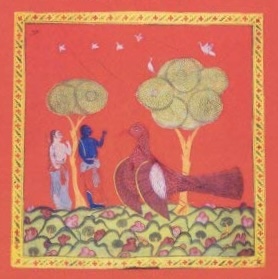Beyond Religion?
Saturday March 11, 2017: 2–5pm
A seminar exploring the relevance of the story of Jonah to the contemporary world, facilitated by David Hornsby at the October Gallery, London.
Seminar Description
The story of Jonah (Yunus) and the whale is replete with a symbolism and humour, which has endeared this unlikely Old Testament prophet to spiritual students through the ages. When the great fish vomited Jonah, who had been in its belly for three days and nights, he has been described as looking like a plucked chicken.
This seminar will explore the relevance of Jonah’s story to the contemporary world when viewed from a unified perspective, drawing on various texts including passages from The Wisdom of the Self in the word of Jonah in Ibn ‘Arabi’s, Fusus al-Hikam.
The seminar will be facilitated by David Hornsby, who has been involved with Beshara for many years.
Booking & Fees
Cost: £8 + Eventbrite booking fee – https://beyond_religion.eventbrite.co.uk
Enquiries: Michael Cohen at london@beshara.org or 020 8300 7928.
Refreshments will be provided.
About Ibn 'Arabi
Muhyiddin Ibn ‘Arabi (1165–1240)
Known as the greatest mystical genius of the Arabs, Ibn ‘Arabi was born in Murcia in south-eastern Spain, at a time of the last great flowering of Andalucian culture under Islamic rule. From the earliest age he showed evidence of an extraordinary visionary capacity, and while still a teenager, had a seminal vision of the three major prophets of the West, Jesus, Moses and Muhammad. He traveled widely in North Africa, the Middle East and Asia Minor, eventually settling in Damascus for the last 20 years of his life. He wrote a series of inspired works, some 300 in number ranging from short treatises and mystical odes to the 37-volume encyclopaedia Meccan Revelations (al-Futuhat al-Makkiyya) and his spiritual masterpiece on the prophetic wisdoms, Fusus al-Hikam.
Ibn ‘Arabi’s reach was immense and his influence vast during his lifetime and beyond. His works inspired the great civilisations of the Mughals in India, the Ottomans in Turkey, the civilisations of Indonesia and China right down to the present day. He occupies a status equivalent to Shakespeare in the realm of English language, but Ibn ‘Arabi’s wealth of meanings extends from the interior unknown essential reality to the most explicit outward expression without ever compromising the principle of unity.
With recent translations into European languages a new era of influence is noticeably and interestingly beginning to unfold. The Muhyiddin Ibn ‘Arabi Society was founded in 1977 to promote a greater understanding of the work of Ibn ‘Arabi and his followers. It is an international association with its headquarters in Oxford, England and a branch in Berkeley, California.
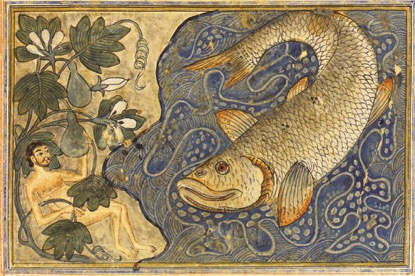
Jonah and the Whale, University Library, Edinburgh. An illustration painted in gouache, gold and ink from a 14th century manuscript by Rachid al-Din Tabib, a Persian physician and historian of Jewish descent. Tabib lived in the city of Tabriz, in northwestern Persia.
Course / Event location
The October Gallery, 24 Old Gloucester Street, Bloomsbury, London WC1N 3AL


